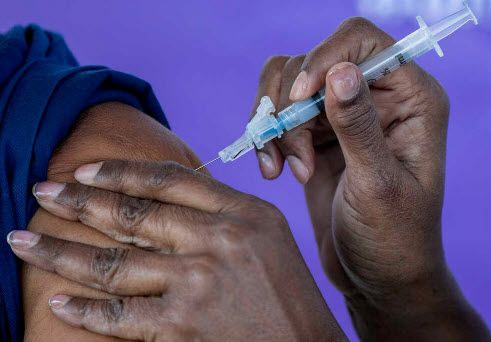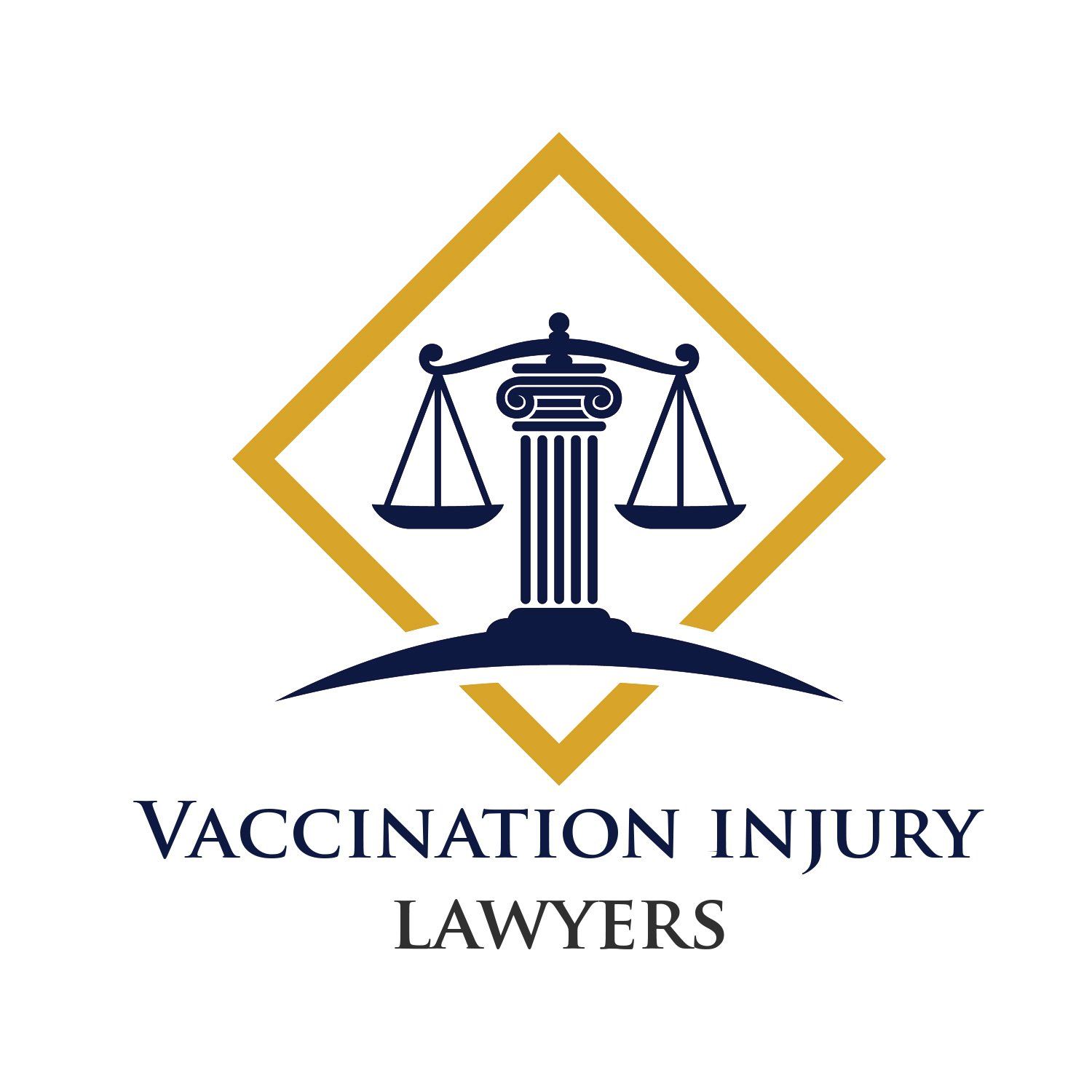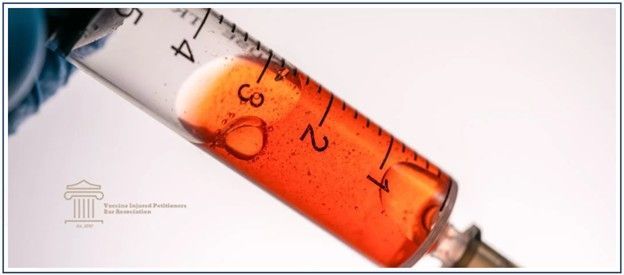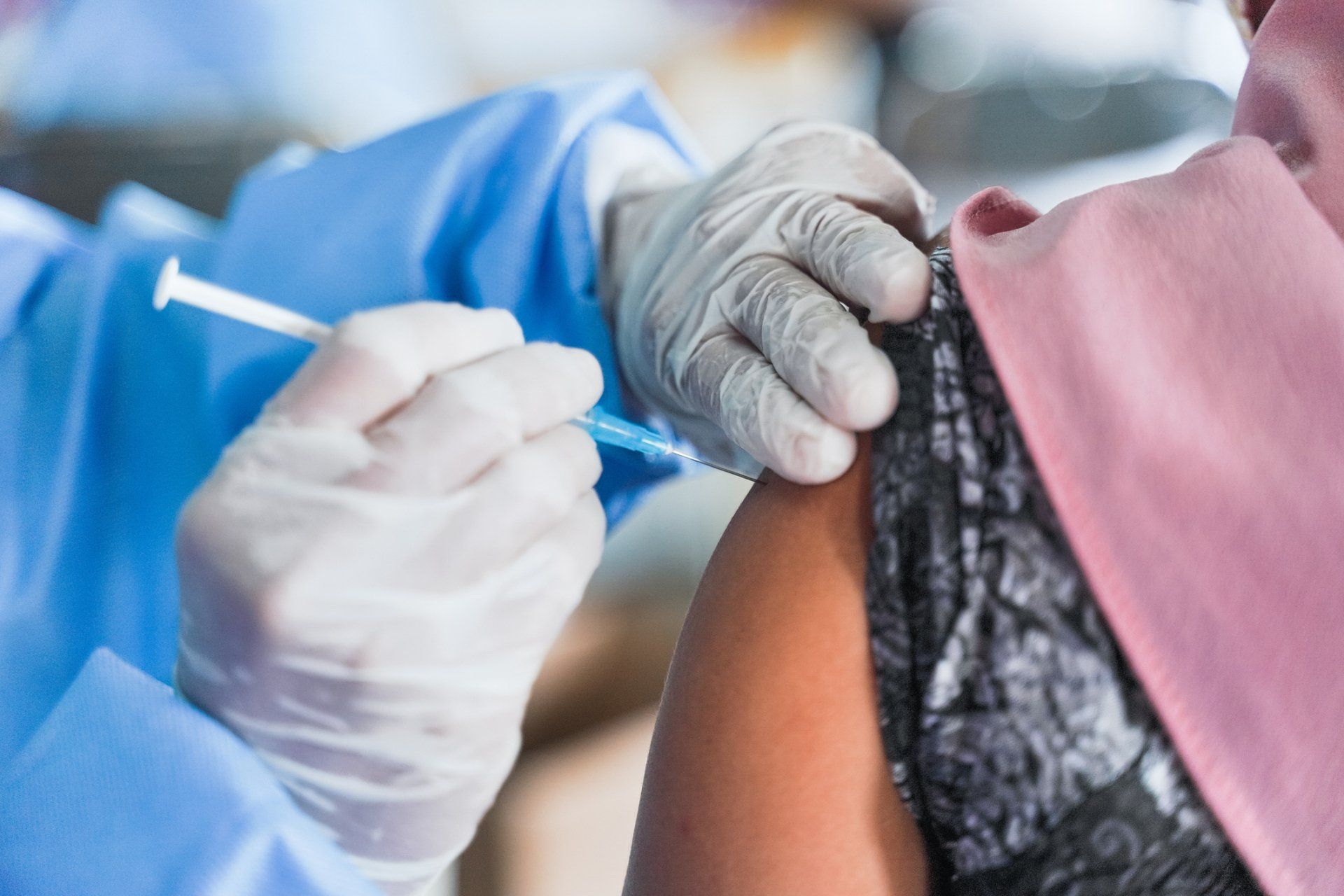The 4 Vaccine Ingredients You Should Know About

Vaccines feature various ingredients, some of which trigger your immunity. Others ensure the vaccine is safe, durable, and effective. It is vital to know the composition of your vaccine in the event something goes wrong. This allows you to be prepared if you need to file for compensation.
More importantly, understanding what's in your shot, whether for flu or any other disease, will help you avoid vaccines with potentially adverse effects. Here's an overview of four vaccine ingredients to know.
1. Immunity Ingredients
Vaccines should make your immunity strong enough to prevent you from contracting a disease. They contain immunity ingredients, such as adjuvants, to boost the body's immune response to the vaccine and virus.
Aluminum salts are one example of adjuvants found in many vaccines and oral medication. Others include monophosphoryl lipid A, QS21, MF59, and CpG. Such ingredients are essential in both preventative vaccination and disease treatment.
Antigens are other immunity ingredients featured in many other vaccines. They are dead or weak cells capable of causing disease and help your immune system learn how to fight against the virus.
Antigens ensure your body is ready to combat the disease as it won't be the first time your immune is encountering a foreign virus. The flu virus, rotavirus (yellow fever), and oral poliovirus are examples of antigens.
2. Stabilizing Ingredients
Vaccines should be safe, durable, and efficient, and stabilizing ingredients are key in achieving this objective. Sugars and gelatin are the most common stabilizers, so it is essential to know which one is present, especially if you are allergic to gelatin.
Stabilizers protect the integrity of the vaccine throughout manufacturing, storage, and transportation. Some ensure the active agent stays unchanged despite shifts in temperature and other factors.
Vaccines have different types of stabilizers, besides sugar and gelatin. For instance, the HPV vaccine contains polysorbate 80. Other common stabilizers include magnesium chloride for the oral polio vaccine and magnesium sulfate for measles.
3. Production Ingredients
Some ingredients used in the production of the vaccine remain in small harmless traces in the final product. The popular group is residual cell culture materials, which include things like egg protein, which grows the bacteria or virus needed to make the virus.
Residual inactivating ingredients - such as formaldehyde - kill or weaken the bacteria and viruses in the vaccine. On the other hand, remnant antibiotics, such as Neomycin, prevent contamination during the manufacturing process.
Vaccine production has many byproducts, depending on the final product. DNA, Antibiotics, and egg protein are common remnants you'll find in small traces. Others include human tissues, fetal tissues, and yeast.
4. Preservative Ingredients
Preservatives are sometimes grouped with stabilizers as they help to protect the vaccine from pathogens, bacteria, and external contamination. However, they form a unique category of ingredients found in vaccines and many oral medications.
Most vaccine preservatives are for bottles with more than one dose to prevent contamination in between doses. There's always the likelihood of germs getting into the vaccine bottle after opening it the first time. Preservatives merely prevent bacterial and fungal contamination.
Some preservatives, such as thimerosal, have been under scrutiny because they contain mercury, a substance linked with many adverse effects. As such, you should identify and research the preservative used in your vaccine.
Vaccines have been the subject of focus for many years. Some vaccine ingredients may result in more harm than good, and it is essential to know what to do if you are a victim of vaccine injury.
Vaccination Injury Lawyers can help you through the legal process at no cost. Contact us today to learn more about vaccination injury and how to file for compensation.




